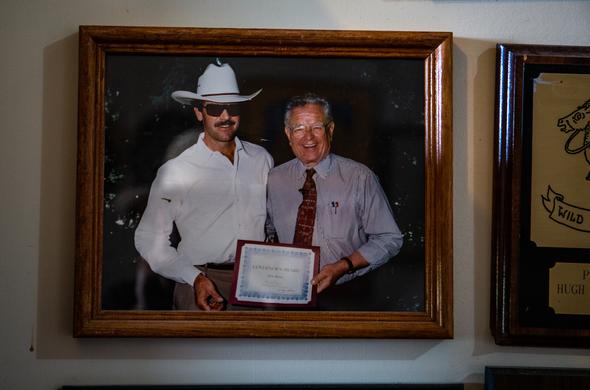"Colorado ranchers sentenced after tampering with rain gauges to increase crop subsidies"
https://www.cbsnews.com/colorado/news/colorado-ranchers-patrick-esch-ed-dean-jager-sentenced-rain-gauges-tampering-federal-crop-subsidies-nws-fcic/
Real salinity of the Earth types.
< >
>
The group allegedly damaged rain gauges located in Springfield, Ordway, La Junta, Walsh, and Ellicott, Colorado, and others in Syracuse, Coolidge, and Elkhart, Kansas. Wires were cut, funnels to rain collectors were filled with silicone, holes drilled or punched in collectors, parts of collectors were disassembled, and objects such as cake pans or pie tins were placed over the gauges during rainstorms. The incidents occurred between July 2016 and June 2017.
</ >
>
< >
>
The scheme was designed to benefit Jagers through his crop insurance, the Rainfall Index Annual Forage Insurance Plan, which is one of several agriculture subsidies administered by the U.S. Department of Agriculture's Federal Crop Insurance Program.
</ >
>
< >
>
Jager filed claims on the falsified lower precipitation measurements, thereby increasing the benefits received from his crop insurance policy. In return for their rain gauge activities, Esch and the two unidentified co-conspirators received payouts, as outlined in the plea agreements.
</ >
>



